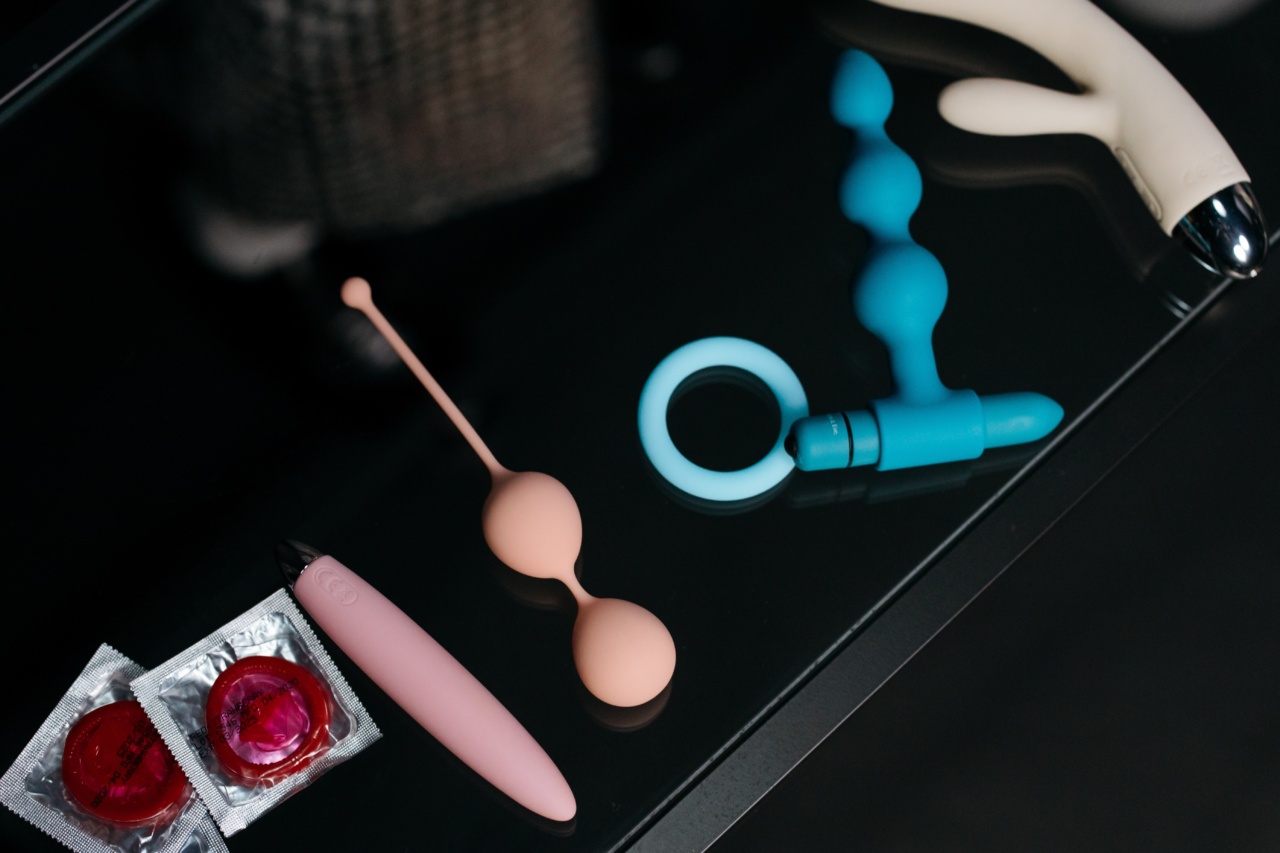Premature ejaculation (PE) is a common sexual dysfunction that affects many men worldwide. It is characterized by the inability to control ejaculation, leading to early or rapid climax during sexual activities.
While the impact of premature ejaculation may seem obvious for men, its effects on women’s sexual satisfaction are often overlooked. This article aims to explore the impact of premature ejaculation on women’s sexual satisfaction, shedding light on the challenges faced by both partners and potential strategies for managing and improving their sexual experiences.
Understanding Premature Ejaculation
Premature ejaculation is typically defined as ejaculation that occurs within one minute or less of vaginal penetration.
However, the time can vary for different individuals, and it is important to distinguish between lifelong (primary) and acquired (secondary) premature ejaculation. Lifelong PE refers to experiencing the condition throughout one’s sexual life, while acquired PE refers to the development of the condition later in life despite previous normal ejaculation patterns.
PE can have various causes, including psychological factors, relationship issues, hormone imbalances, or even underlying medical conditions.
The Psychological Impact on Women
When a man struggles with premature ejaculation, it can have a significant psychological impact on his partner, particularly in terms of sexual satisfaction.
Some common emotions that women may experience include frustration, disappointment, and even a sense of inadequacy. The inability to engage in sexual activities for an adequate amount of time can leave women feeling unsatisfied and may contribute to a decrease in their libido.
Over time, this can lead to relationship issues, decreased intimacy, and a decline in overall sexual satisfaction for both partners.
Challenges in Communication and Intimacy
Premature ejaculation can often lead to challenges in communication and intimacy between partners. For men, the fear of disappointing their partner and the embarrassment associated with PE may result in avoidance of sexual activities.
This avoidance can lead to increased tension and frustration in the relationship. Women may also struggle with opening up about their dissatisfaction, fearing that they may hurt their partner’s feelings or damage their relationship.
The lack of open communication and understanding can make it difficult for couples to address the issue and work together towards finding a solution.
Strategies for Managing Premature Ejaculation
While premature ejaculation can negatively impact women’s sexual satisfaction, it is essential to remember that it is a treatable condition. Here are some strategies that couples can consider to manage and improve their sexual experiences:.
1. Open and Honest Communication
Creating an open and safe space for both partners to discuss their sexual desires, concerns, and expectations is crucial.
This can help establish a foundation of trust and understanding, allowing couples to address the issue together and explore potential solutions.
2. Foreplay and Non-Penetrative Activities
Engaging in extended foreplay and exploring non-penetrative sexual activities can help shift the focus away from intercourse itself.
By emphasizing other forms of intimacy, couples can create a fulfilling and satisfying sexual experience, regardless of the duration of intercourse.
3. Using Techniques and Strategies
There are various techniques and strategies that couples can try to manage premature ejaculation.
These can include the start-stop method, where the man stops stimulation before reaching the point of no return, or the squeeze technique, involving squeezing the base of the penis to temporarily decrease arousal. Experimenting with different positions that provide less stimulation or using male desensitizing sprays or condoms may also help extend sexual encounters.
4. Seeking Professional Help
If the impact of premature ejaculation on women’s sexual satisfaction persists or worsens despite trying self-help techniques, seeking professional help is crucial.
Healthcare providers, including sex therapists or urologists, can provide expert guidance and offer potential treatment options tailored to the specific needs and circumstances of the couple.
The Importance of Emotional Support
Dealing with premature ejaculation can be challenging for both partners, but it is vital to recognize that it is a common issue that many couples face.
Building emotional support and understanding can help alleviate some of the emotional burden associated with PE. This can be achieved through sharing experiences, educating oneself about the condition, and offering reassurance and comfort to one another.
Conclusion
Premature ejaculation can have a significant impact on women’s sexual satisfaction, leading to frustration, decreased intimacy, and strained relationships.
However, with open communication, understanding, and the implementation of various strategies, couples can manage and improve their sexual experiences. Seeking professional help when needed is also valuable, as healthcare providers can offer guidance tailored to the couples’ specific circumstances.






























